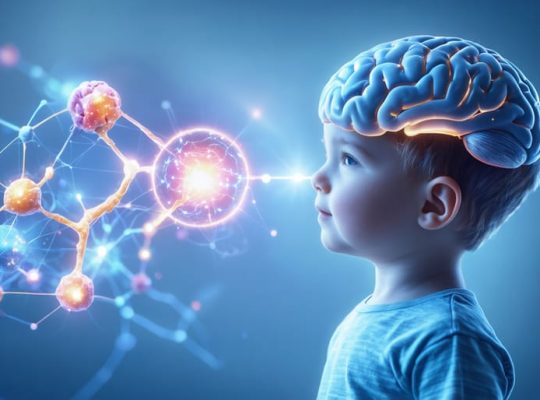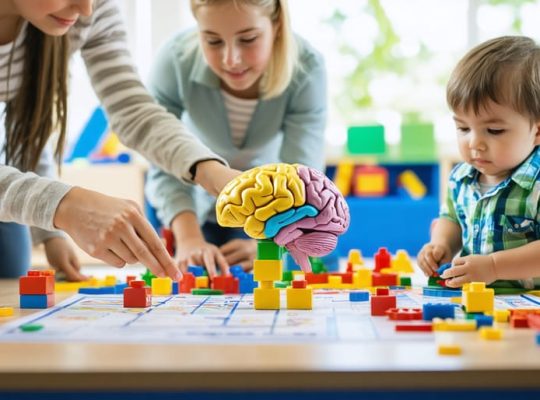How Siblings Shape Each Other: Understanding Your Children’s Bond
Watch your children interact at different ages and stages, and you’ll notice distinct patterns emerge in their family dynamics. From the fierce protector to the competitive challenger, sibling relationships shape our children’s emotional development in profound ways. These early bonds create the foundation for how our kids will navigate relationships throughout their lives.
Understanding the five distinct types of sibling relationships empowers parents to nurture healthy connections between their …










